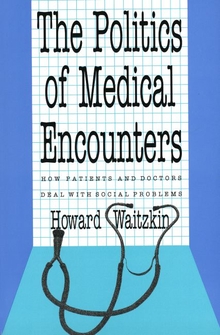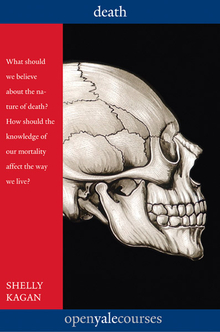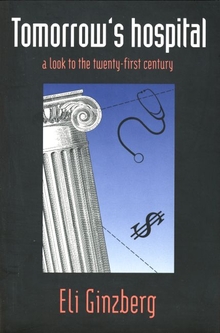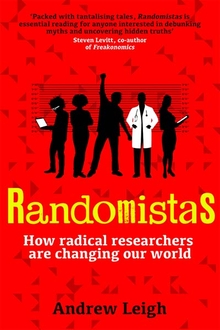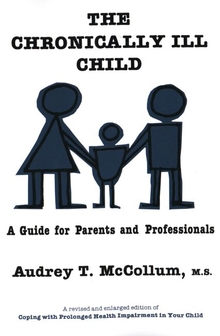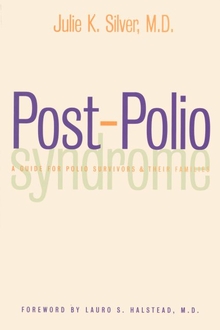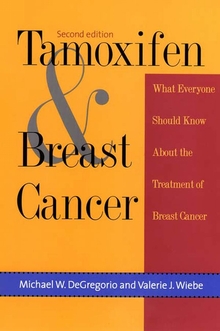The Politics of Medical Encounters
WARNING
You are viewing an older version of the Yalebooks website. Please visit out new website with more updated information and a better user experience: https://www.yalebooks.com
How Patients and Doctors Deal With Social Problems
Howard Waitzkin
The complaints that patients bring to their doctors often have roots in social issues that involve work, family life, gender roles and sexuality, aging, substance use; or other problems of nonmedical origin. In this book, physician/sociologist Howard Waitzkin examines interactions between patients and doctors to show how physicians’ focus on physical complaints often fails to address patients’ underlying concerns and also reinforces the societal problems that cause or aggravate these maladies. A progressive doctor-patient relationship, Waitzkin argues, fosters social change.
Waitzkin provides a pathbreaking analysis of medical encounters, applying perspectives from structuralism, post-structuralism, and critical literary theory to transcripts of recorded conversations between doctors and patients. He demonstrates how doctors unintentionally maintain dominance in their dealings with patients, encourage conforming social behavior and attitudes, and marginalize patients’ concerns with social problems. Waitzkin urges physicians to attend to the social as well as the medical problems that emerge from patients’ narratives and suggests ways to restructure the manner in which patients and doctors communicate with each other. Physicians and patients, for example, should work together to demystify medical discourse, should refrain from medicalizing social problems through medications or reassurances that dull socially caused pain, and should be prepared to call on advocacy organizations seeking to change the social conditions that create personal distress.
This book will influence and challenge physicians scholars, and students in the social sciences and humanities, as well as anyone concerned about the present problems and future direction of medicine.
"A superb book on the interactions between patients and doctors written by one of the most interesting and stimulating authors in the field of medical sociology."—Vicente Navarro, M.D., Johns Hopkins University
"A brilliant and original book, one of the first attempts to appropriate the methods of advanced critical theory for the interpretation of a frontier area of reflection on medical practice, namely the question of the social role of the doctor/patient interview."—J. Hillis Miller, University of California, Irvine
"This volume synthesizes the radical-Parsonian insight that Waitzkin has pioneered: physicians discursively interpret patients' complaints in ideological ways, presenting individualistic, medical solutions to problems that require, at least in part, social solutions."—Doctor-Patient Studies
"This is an important book that will influence and challenge physicians and social scientists, as well as anyone concerned about the present problems and future direction of medical practice. I know of no other analysis that succeeds as well in discussing the links between medical practice and social issues. I fully expect this work to have a major impact on the consolidation of interdisciplinary thinking about the medical interview, transforming general theoretical debate and permeating empirical practice. Overall, this is a noteworthy contribution and continues a body of work from a major social critic who forces us to rethink what medicine is all about."—Jeffrey Michael Clair, Journal of the American Medical Association
"Waitzkin takes us beyond his earlier work and beyond what is standard in the field."—Sue Fisher, Contemporary Sociology
"The author uses impressive, meticulous methods to acquire and study valid, reliable observations within a critical framework. . . . There is both divine discontent and perhaps real change to be gained from the discomfiting, brilliant, and original analyses he offers."—Henry Schneiderman, M.D., Annals of Internal Medicine
"Because the problems and complaints that patients bring to their doctors often have causes in social issues of many kinds, family, work, sexuality etc., there is need for the physician to address these issues as well as the presenting condition. . . . The author analyses medical encounters showing how doctors unintentionally maintain dominance by encouraging conforming social behaviour. He stresses the need for a new approach recommending changes which if adopted alter the whole perspective and role of medical practice as physicians become agents of social changes as well as personal healing."—Journal of the Institute of Health Education
"Waitzkin provides us with a new way to view medical encounters. Regardless of one's theoretical orientation, his ideas force us to look at medical conversation at a deeper level than is simply revealed by content."—Analee E. Beisecker, Health Communication
"This book will have a diverse audience. . . . The author provides one of the most lucid and concise summaries of critical theory and its relevance to medicine that we have ever read. . . . This book is so well written that we can recommend it to any practitioner who would like a fresh vantage point from which to reflect on actions in patient management. An immediate reward of such an effort should be an understanding of how the frequently conflicting agendas of doctor and patient may be managed differently for the gain of both."—J. Carey Jackson, M.D. and Thomas S. Inui, M.D., Journal of General Internal Medicine
"Expert in both social sciences and medicine, Waitzkin . . . is well qualified to write, and to assume the role of social critic. The introduction is a detailed and accurate editorial on the sorry state of medical practice regarding attention to the psychosocial needs of patients which extend beyond prescriptions, surgery, or personal advice drawn from a physician's own cultural and personal bias. . . . The volume offers useful insights into medical encounters regarding patients' concerns, e.g., aging, self-destructive behaviors, and emotional problems."—Choice
Publication Date: January 27, 1993

